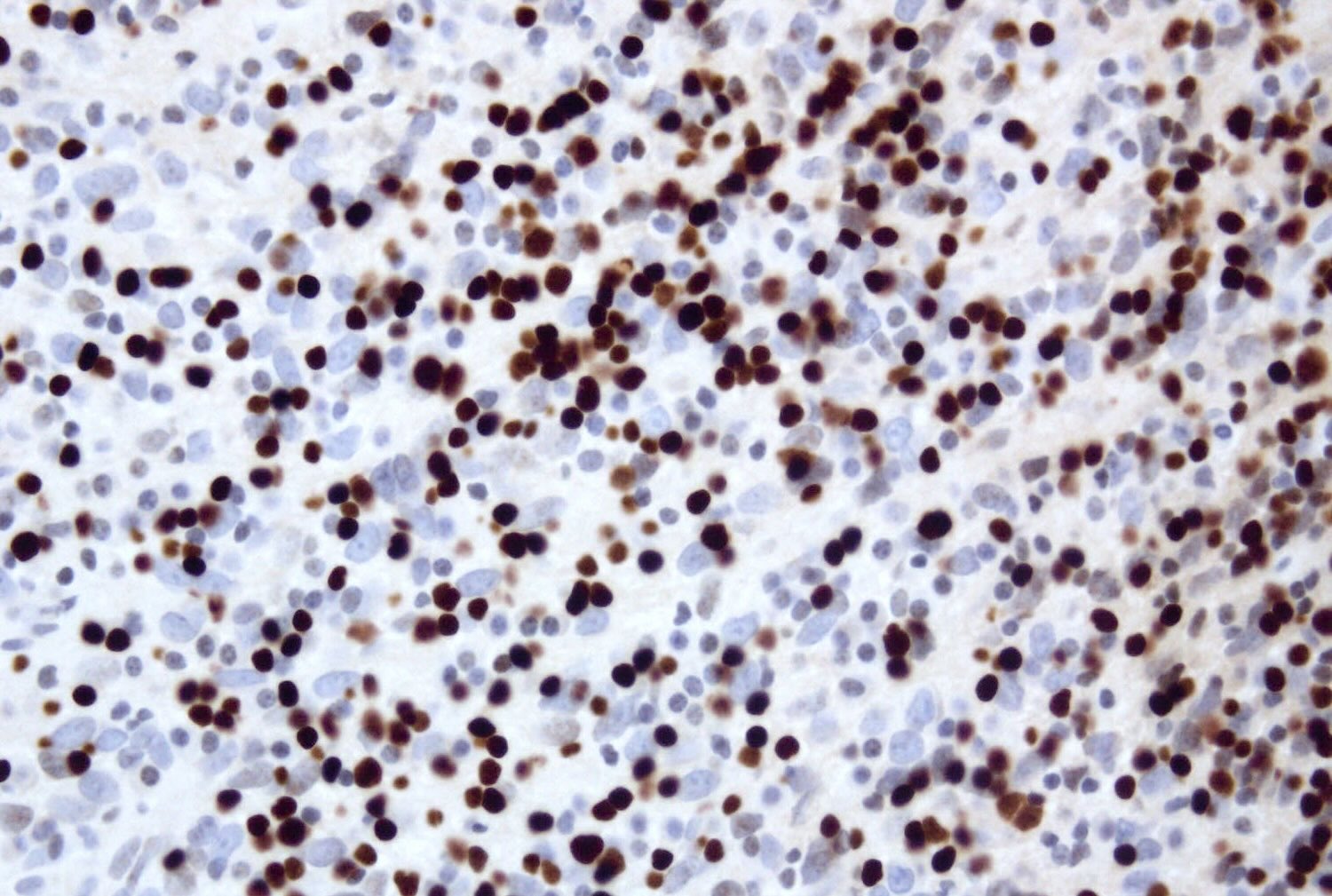
Follicular Dendritic Cell Tumor (FDCT) might sound like a mouthful, but understanding it can be simpler than you think. This rare type of cancer originates from cells in the immune system called follicular dendritic cells. These cells usually help filter out harmful substances in lymph nodes. When they go rogue, they form tumors that can appear in various parts of the body, including lymph nodes, liver, and spleen. FDCT is often mistaken for other types of cancer due to its rarity and unusual presentation. Knowing the facts about this condition can help in early detection and treatment. Ready to learn more? Let’s dive into 30 intriguing facts about Follicular Dendritic Cell Tumor!
Key Takeaways:
- Follicular dendritic cell tumors are rare cancers that can occur in various organs. Early diagnosis and treatment are crucial for better outcomes and may involve surgery, radiation, and targeted therapies.
- Ongoing research is focused on understanding the genetic basis of these tumors and developing new treatments like immunotherapy. Collaborative efforts and patient registries are essential for advancing knowledge about this rare cancer.
What is a Follicular Dendritic Cell Tumor?
Follicular dendritic cell tumors are rare types of cancer that originate from follicular dendritic cells. These cells are part of the immune system and help in presenting antigens to B cells. Understanding these tumors can be crucial for diagnosis and treatment.
- Follicular dendritic cell tumors are extremely rare, with fewer than 200 cases reported worldwide.
- These tumors often occur in lymph nodes but can also appear in other organs like the liver, spleen, and tonsils.
- They are most commonly diagnosed in adults between the ages of 30 and 50.
- Symptoms can vary widely, including painless swelling of lymph nodes, fever, and weight loss.
- Diagnosis often involves a combination of imaging studies, biopsies, and immunohistochemical staining.
Causes and Risk Factors
Understanding the causes and risk factors can help in early detection and prevention. Although the exact cause remains unknown, several factors may contribute to the development of these tumors.
- Genetic mutations are believed to play a role in the development of follicular dendritic cell tumors.
- Chronic inflammation and immune system disorders may increase the risk.
- Epstein-Barr virus (EBV) has been associated with some cases, suggesting a viral link.
- There is no strong evidence linking environmental factors to these tumors.
- Family history does not appear to significantly increase the risk.
Diagnosis and Detection
Early and accurate diagnosis is essential for effective treatment. Various methods are used to detect and confirm the presence of follicular dendritic cell tumors.
- Fine-needle aspiration (FNA) is often the first step in diagnosing these tumors.
- Imaging techniques like CT scans and MRIs help in identifying the tumor's location and size.
- Immunohistochemistry is crucial for confirming the diagnosis, as it helps identify specific markers on the tumor cells.
- PET scans can be used to detect metastasis and assess the tumor's activity.
- Blood tests are generally not useful in diagnosing follicular dendritic cell tumors.
Treatment Options
Treatment varies depending on the tumor's location, size, and stage. Multiple approaches are often combined for the best outcome.
- Surgery is the most common treatment and aims to remove the tumor entirely.
- Radiation therapy may be used post-surgery to eliminate any remaining cancer cells.
- Chemotherapy is less commonly used but may be considered in advanced cases.
- Targeted therapies are being researched as potential treatments for these tumors.
- Clinical trials offer access to new and experimental treatments.
Prognosis and Survival Rates
Prognosis depends on various factors, including the tumor's stage and the patient's overall health. Understanding these can help in managing expectations and planning treatment.
- Early-stage tumors have a better prognosis, with higher survival rates.
- Advanced-stage tumors are more challenging to treat and have lower survival rates.
- The five-year survival rate for localized tumors is approximately 60-70%.
- Tumors that have metastasized to other organs have a poorer prognosis.
- Regular follow-ups and monitoring are essential for detecting recurrences.
Research and Future Directions
Ongoing research aims to improve diagnosis, treatment, and understanding of follicular dendritic cell tumors. Staying informed about the latest developments can be beneficial.
- Researchers are exploring the genetic basis of these tumors to develop targeted therapies.
- Immunotherapy is being studied as a potential treatment option.
- Advances in imaging techniques are improving early detection and diagnosis.
- Collaborative research efforts are crucial for understanding this rare cancer.
- Patient registries and databases are being developed to collect and analyze data on follicular dendritic cell tumors.
Final Thoughts on Follicular Dendritic Cell Tumor
Follicular Dendritic Cell Tumor (FDCT) is a rare and often misunderstood condition. Understanding its characteristics, symptoms, and treatment options can make a significant difference in managing this disease. Awareness is key. Early detection and proper medical intervention can improve outcomes. Patients and caregivers should stay informed and consult healthcare professionals for the best course of action.
Research continues to evolve, offering hope for better treatments and possibly a cure in the future. Sharing knowledge about FDCT helps demystify the condition and supports those affected. Stay vigilant, stay informed, and support ongoing research efforts.
By spreading awareness and fostering a supportive community, we can make strides in the fight against Follicular Dendritic Cell Tumor. Remember, knowledge is power.
Frequently Asked Questions
Was this page helpful?
Our commitment to delivering trustworthy and engaging content is at the heart of what we do. Each fact on our site is contributed by real users like you, bringing a wealth of diverse insights and information. To ensure the highest standards of accuracy and reliability, our dedicated editors meticulously review each submission. This process guarantees that the facts we share are not only fascinating but also credible. Trust in our commitment to quality and authenticity as you explore and learn with us.
